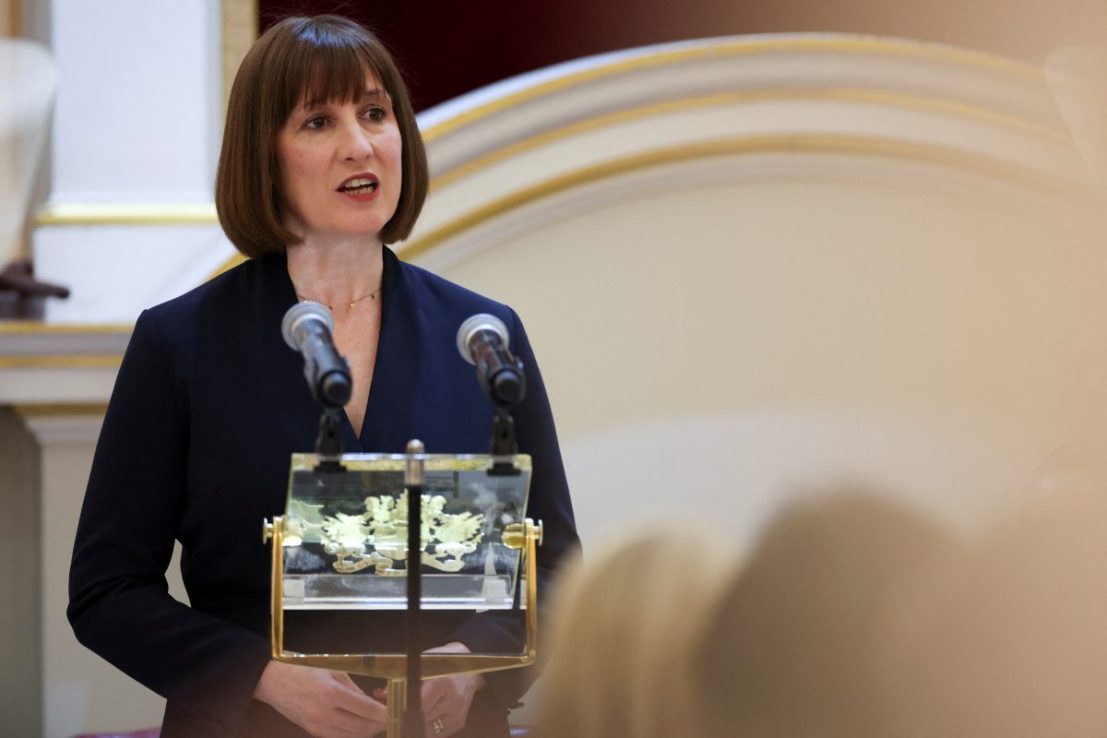
The number of job vacancies in the UK fell at its fastest pace in over four years last month as firms held off hiring due to the government’s Budget tax hikes , a new survey suggests. The latest report on jobs from KPMG and the Recruitment and Employment Confederation (REC) showed an “accelerated decline” in the number of people placed in permanent roles by recruiters. The survey also showed that the number of job openings fell at the sharpest pace since August 2020 as demand for staff dried up following the Budget.
In October’s Budget Chancellor Rachel Reeves increased employers’ national insurance by 1.2 per cent, while cutting the threshold at which employers have to start paying the levy. She also announced that the minimum wage would increase by 6.

7 per cent. Many businesses, particularly in the retail and hospitality sector, have warned that they will have to either cut jobs or raise prices in order to deal with the extra costs imposed by the Budget. A survey released by the Bank of England on Thursday suggested that over half (54 per cent) of firms were planning to cut staff as a result of the national insurance hike.
Analysis by Deutsche Bank suggests that as many as 100,000 jobs could be lost. “It should be a surprise to no-one that firms took the time to re-assess their hiring needs in November after a tough Budget for employers,” Neil Carberry, chief executive of the REC said. The survey also showed that wage pressures remained relatively muted in November, remaining at the 44-month low hit in October.
“While skilled candidates were often reported to be able to command higher salaries, pay growth tended to be limited by higher candidate availability and reduced demand for staff,” the survey said. Jon Holt, chief executive at KPMG UK, said this trend would be “encouraging” for rate-setters at the Bank of England. “The prospect of further rate cuts through 2025, alongside the Government’s investment plans, both point to improved growth in the near term,” he said.
.















